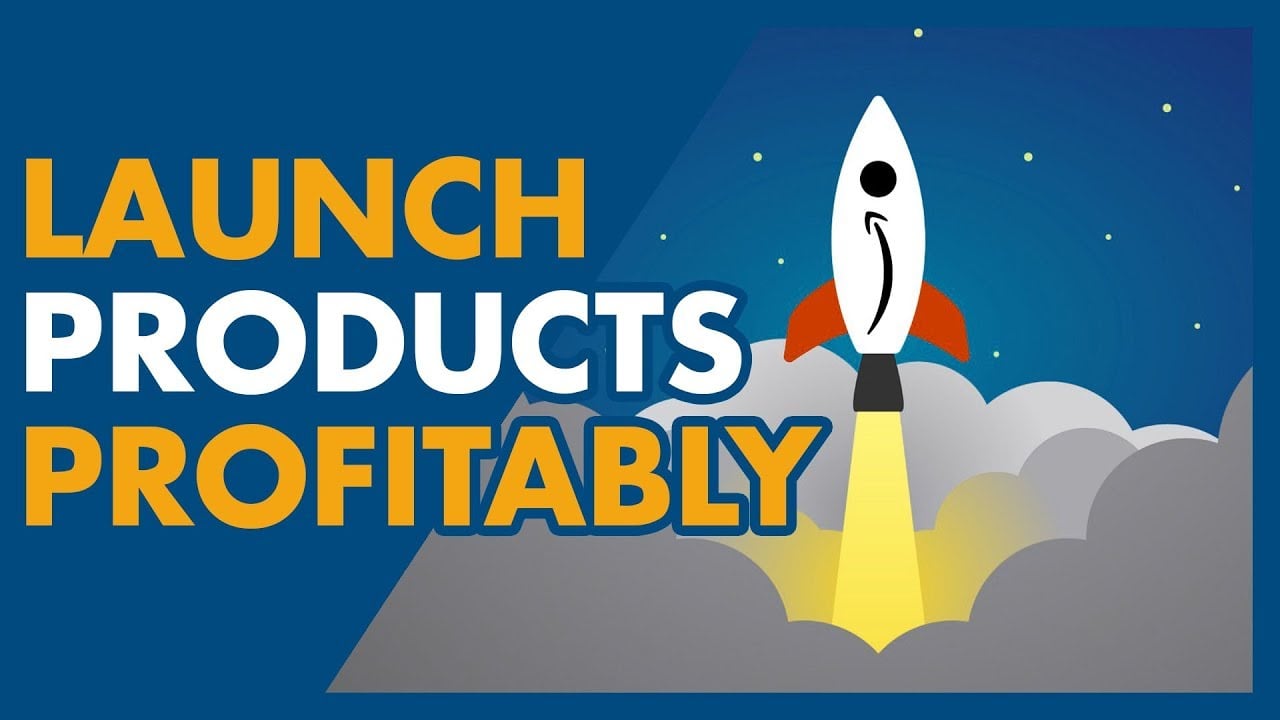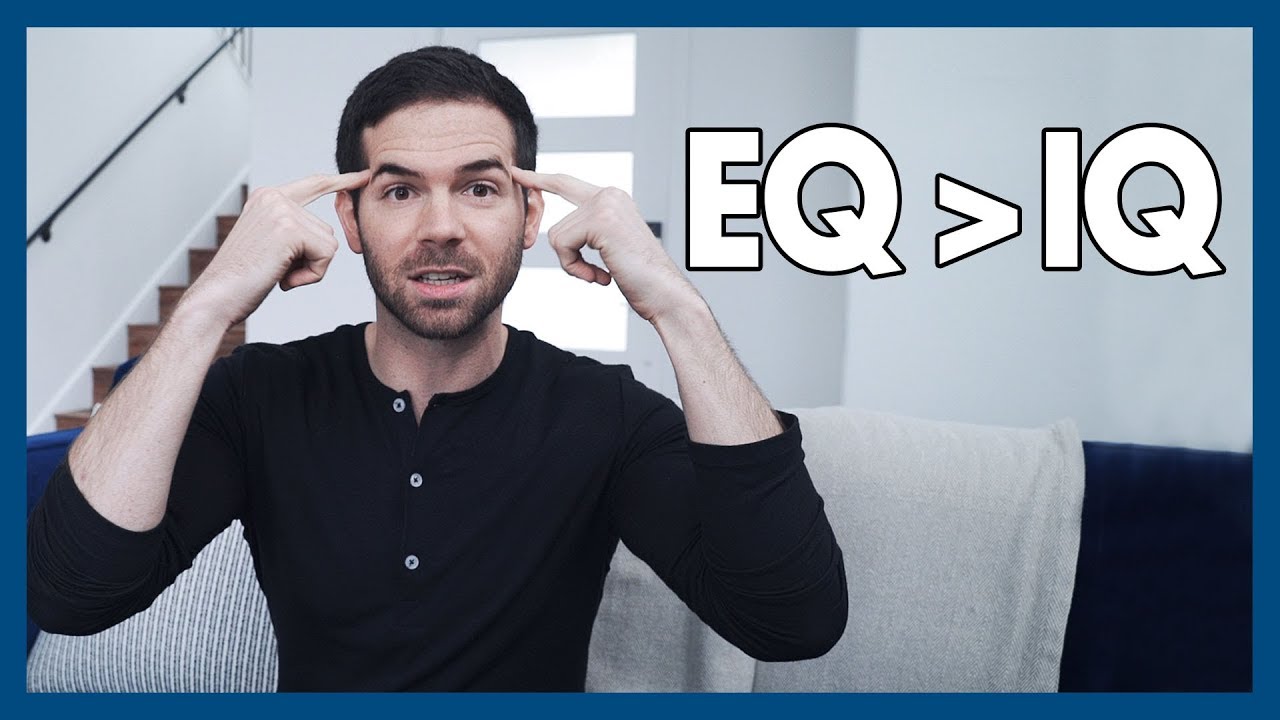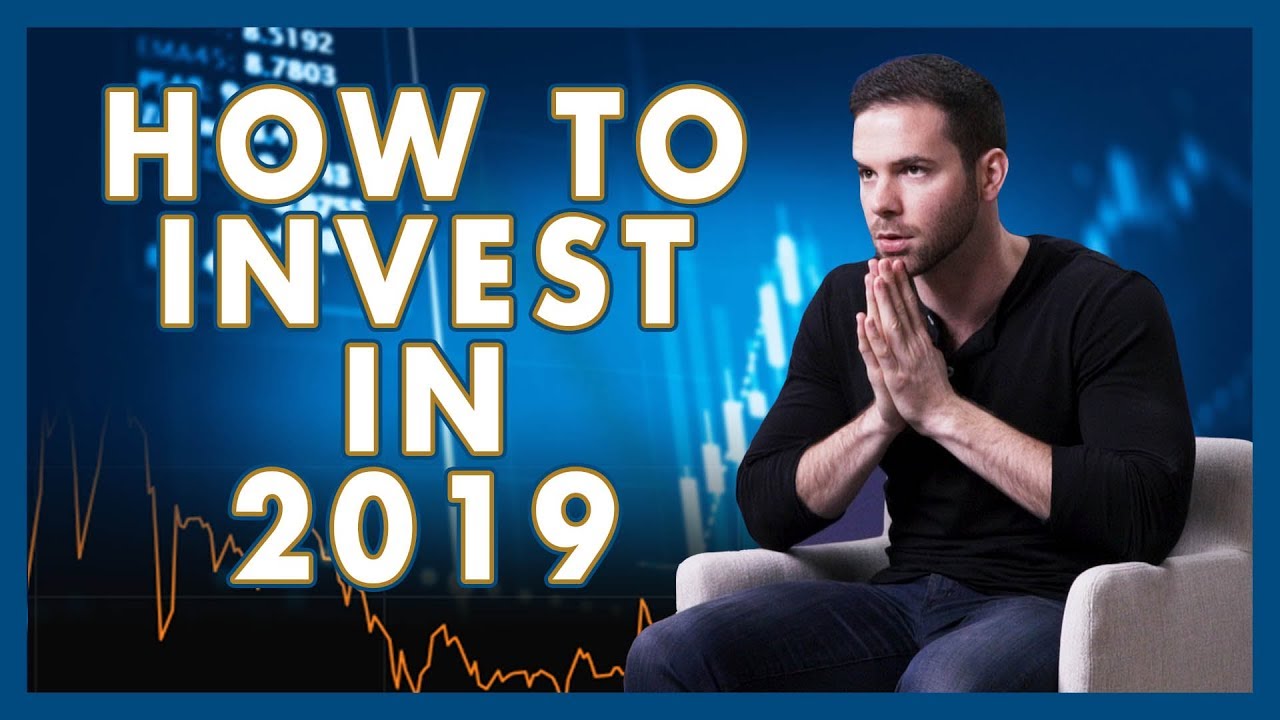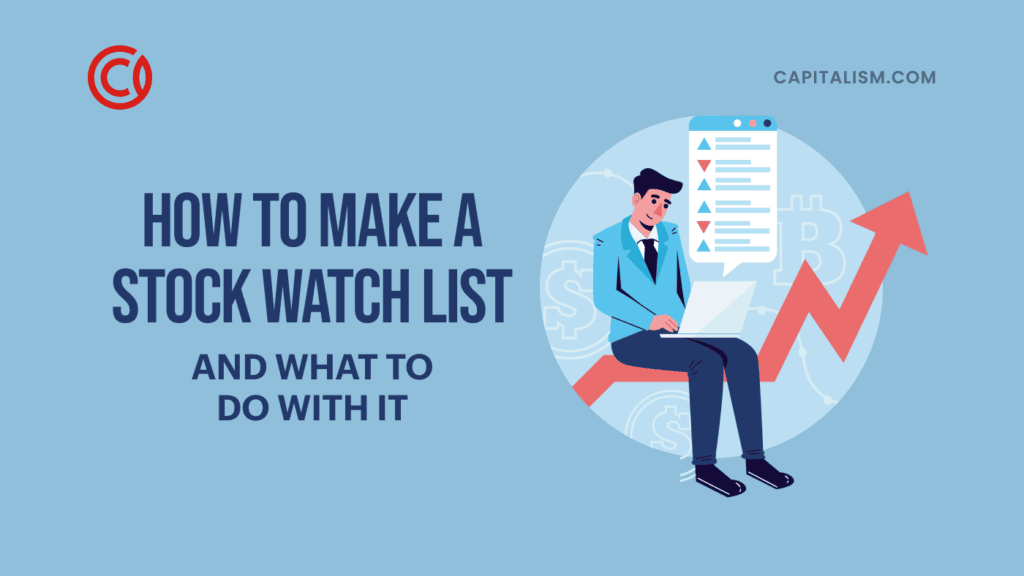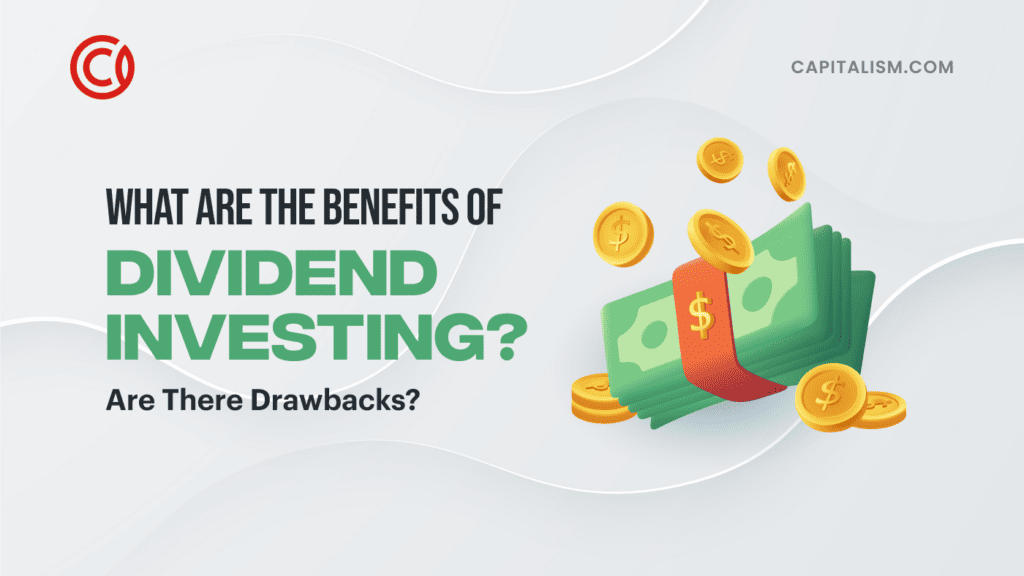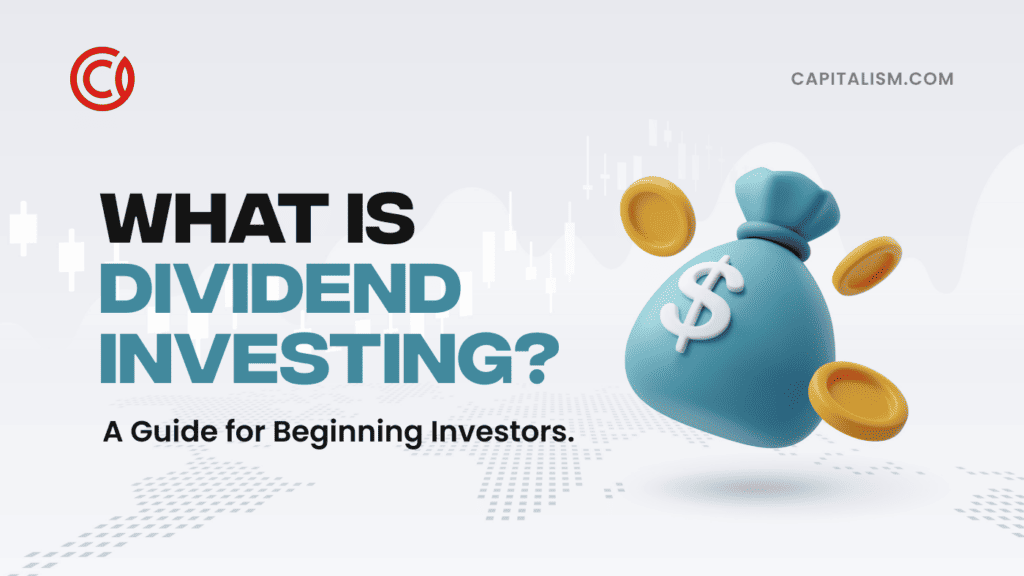Do you ever feel like you're scraping by? You crave financial freedom but instead...
Paying for your basic essentials is like fighting an uphill battle. Life is measured from paycheck to paycheck. Pinching every penny just to survive.
You're stressed. Tired. Frustrated. Life must be more than this... right?
But know this: you're not alone.
The Current Financial Landscape
Financial strain is a growing anxiety trigger among many Americans, especially for college students. A Forbes article quotes a study by the New America Foundation that shows "the median debt for graduate students is $57,600, with one in four borrowers owing about $100,000 or more."
College students are neck-high in student loan debt. And if it's not student loans, so many Americans are sinking in credit card debt. Sky-high interest rates are eating us alive.
But there's an alternative to this never-ending cycle of spending and regretting.
It's financial freedom.
How Much Money Do You Need For Financial Freedom?
There’s no firm answer to this question because financial freedom looks different depending on who you ask. It might look like:
- Pursuing a career you're passionate about (even if it doesn't pay much)
- Early retirement
- Take several vacations each year
- Buying expensive items without financial strain
- Cutting your workweek in half, while making the same (or more)
But if you ask Ryan Moran at Capitalism.com, here’s what he has to say:
“The only reason why money matters is to sustain whatever life you want . . . Freedom has nothing to do with the actual dollar amount. Freedom is you get to do what you love.”
Right now, you might be scoffing at all this. These outrageous pipe dreams might even offend you.
It's all too good to be true. But it can be true for you.
Will it be difficult? Yes. Is it achievable? Absolutely.
Financial freedom is a huge goal. And as with any huge goal, success begins with your habits. Here are 20 habits to develop if you want to achieve financial freedom.
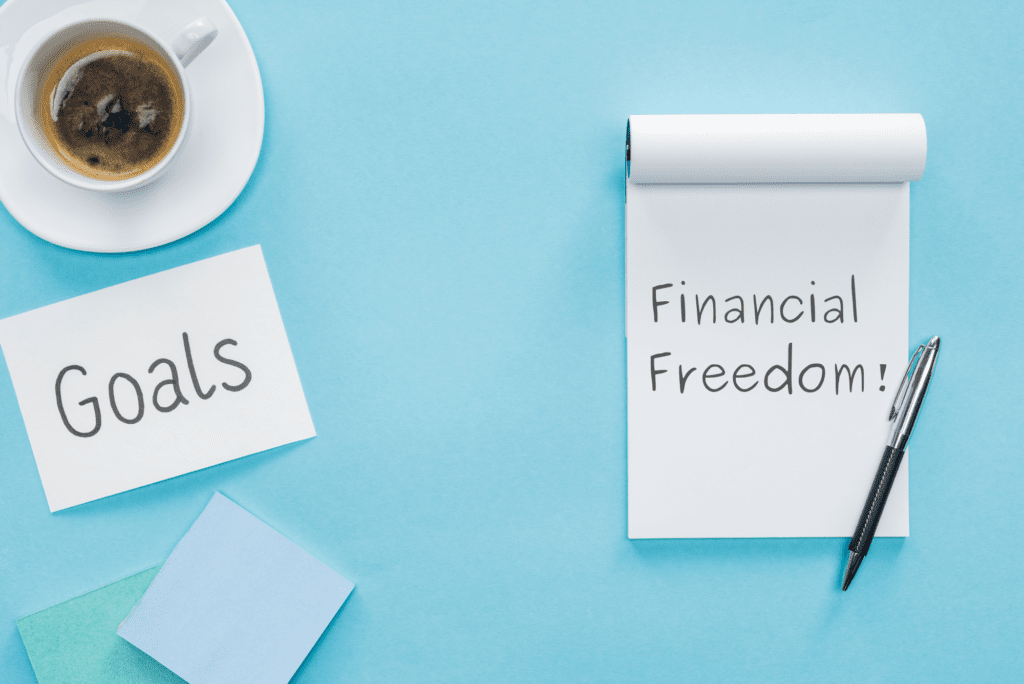
Habit #1: Set Outcome Goals
Financial freedom is a lot to process.
Where do you even start? You can't just write "financial freedom" on your to-do list and call it a day. You need to break that massive goal down. You need to divide it into what Todd Herman calls outcome and process goals.
Todd Herman is a global leader in peak performance. He helps both athletes and entrepreneurs get results on the field and in their businesses. But we can still apply Todd Herman's wisdom to our personal finances.
To achieve financial freedom, start with breaking it down into 90-day outcome goals. Financial outcome goals might look like:
- In 90 days, I will have an additional $1,500 in my savings account
- In 90 days, I will pay down $3,000 in my student loans
- Or, in 90 days, I will invest $2,000 in the stock market
Achieving financial freedom? That's an intimidating task. But saving a couple of hundred dollars every few months? That seems doable.
Alright. So you have your 90-day outcome goal. What next?
Habit #2: Set Process Goals
If outcome goals tell you WHAT you will achieve, then process goals outline HOW you will achieve them.
Confusion about the next step hinders goal progress. Process goals force you to be specific about the steps you will take to achieve your goals.
If you want to figure out how to lose 20 lbs, exercise more, and eat healthier. If you want to figure out how to achieve financial freedom in 5 years, cut expenses, and earn more.
Outcome goals are every 90 days but process goals are every two weeks. Process goals that accompany an outcome goal might look like:
- Over these next two weeks, I will save $200 of my paycheck.
- Over these next two weeks, I will work extra hours to pay $500 to my student loans.
- Or, over these next two weeks, I will cut expenses and invest $350 in the stock market.
Don't leave your financial freedom to chance. Set specific outcome and process goals to ensure you're taking the right steps.
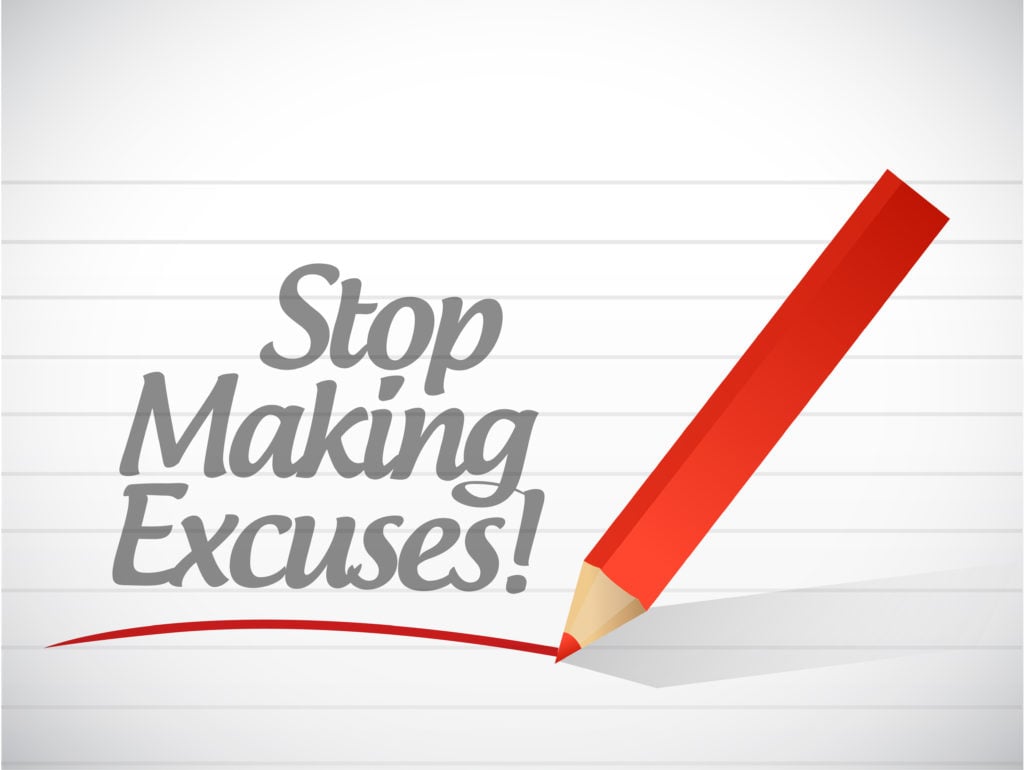
Habit #3: Stop Making Excuses
Have these thoughts ever crossed your mind?
I'm going to be poor forever.
Everybody else is drowning in debt. At least I'm not the only one.
Wealth is for... well... the wealthy people. It's not for me.
Our thought loops are more powerful than we think. If you don't address them, negative thoughts can manifest in self-sabotaging behavior.
"I'm going to be poor forever"
Know this: anybody can achieve financial freedom if they have the commitment and the right systems in place. But financial freedom also requires patience. Many people want to know how to get financial freedom fast but for most people, this goal requires years of commitment.
"Everybody else is drowning in debt. At least I'm not the only one"
Herd mentality can keep you stuck in a paycheck-to-paycheck lifestyle if you let it. Just because everybody else has piles of debt doesn't mean you should stay in debt. Avoid people who have this financial mentality.
Instead, surround yourself with financially-savvy people. Their finance habits will rub off on you, helping you achieve the financial freedom you crave.
"Wealth is for wealthy people"
Untrue. Wealth is more accessible in this digital age. Forbes quotes a study by Upwork and the Freelancers Union that shows that the number of freelancers has increased by over 50 million Americans since 2014. Platforms like Amazon are creating endless opportunities to build an online business. Here’s how you can launch products profitably on Amazon:
Habit #4: Your Financial Freedom Can't Afford a Scarcity Mindset
Financial freedom isn't achieved with a penny-pinching mindset. You need a mindset empowered by wealth and freedom.
It isn't enough to not want to be poor. You need to intensely desire financial freedom. Author of Think and Grow Rich Napoleon Hill says:
The starting point of all achievement is DESIRE. Keep this constantly in mind. Weak desire brings weak results, just as a small fire makes a small amount of heat.
How will you use your intense desire to manifest the wealth you crave? How will you overcome the obstacles that block you from financial freedom?
Even something as small as this thought can be a huge obstacle: I can't afford it.
Most people would say that's that and move on. That's what somebody with a scarcity mindset would do.
But why settle?
Robert Kiyosaki says you need to change that thought to: HOW can I afford it?
"I can't afford it" is rooted in scarcity. You fear losing what you have. "How can I afford it" is empowered by opportunity. That's one of the many challenges that will teach you how to achieve financial freedom.
If you desire financial freedom, don't resign yourself to anything less. As Robert Kiyosaki says:
“It starts with a change of mindset and continues with getting down to work, day in and day out to continually grow and challenge yourself.”
Habit #5: Commit to Your Monthly Budget
Creating a budget is your first step in your financial freedom plan. But many people don't like budgets. They make excuses.
I'm not a numbers person.
It's too tedious.
I get by fine without a budget.
But living without a budget is like going on a road trip without a fuel gauge. Is there enough gas in the tank to make it to your destination? Is there enough money to cover your expenses for the month?
A budget helps you understand your current financial situation and how you can tweak it to meet your financial goals.
Don't have a budget yet? No worries. There are tons of in-depth budgets out there but it's easy to get started with a simple template. And getting started is half the battle.
Create a Simple Budget in 3 Steps
- What is your monthly income? How much money (after taxes) do you make every month? Write that number down.
- Record your monthly expenses. Rent, groceries, subscriptions. Write them ALL down. A good idea would be to review your expenses over the past three months. Total them up and divide by three. You should have a rough estimate of how much you spend each month. Write your total number down.
- Subtract your total expenses from your income. If you're in the negative, you're spending too much. Review your expenses and see what you can reduce or eliminate. If you have leftover income, that's good. Make a habit to save or invest what's leftover.
Make a Commitment
Your budget lets you see your cash flow: how much money is coming in and where that money is going.
But having a budget isn't enough. You need to commit to it. Every month.
And that sometimes requires sacrifice: staying in instead of going out. Substituting your Starbucks coffee for homemade. Skipping on designer brands.
It might be an initial tough transition but frugality is often demanded when learning how to get financial freedom.
Habit #6: Be More Frugal
Awesome! You have a budget now. But maybe you realized your expenses are higher than expected.
Applying frugality tips can help you reduce your expenses, leaving more money to save and invest. Here are a couple of frugality tips to ensure you meet your budget every month:
Frugality Tips to Save at Home
- Cut the cable. Subscription services like Netflix and Hulu offer hundreds of TV series and movies for a fraction of the cost of cable.
- Bust out your kitchen apron. Cooking at home is a more cost-efficient way to feed you and your family compared to eating out. Also, you get to sharpen your chef skills while you're at it.
- Use vinegar. Vinegar is incredibly versatile. It can replace your laundry soap, wipe your windows, and replace your all-purpose spray.
Frugality Tips to Save When Shopping
- Sleep on it. Before making any big financial decisions, sleep on it. You might realize that decision isn't right for you or you might find a cheaper alternative.
- Does it pass the Marie Kondo test? Marie Kondo says you should only own things that spark joy. Before buying anything, ask if it sparks joy. If not, move on.
- Save a little every day. Putting an impulse purchase on credit isn't financially responsible. Instead, err on the side of patience and save a little every paycheck so you can pay it upfront.
Frugality Tips to Save on Groceries
- Freeze more. You can freeze more than just ice cream and ice cubes. Use your freezer to store meats, soups, even bacon.
- Buy in bulk. Some items are worth buying in bulk, especially paper products (toilet paper and paper towels). Buy your favorite meat cuts in bulk and freeze them until you're ready to cook.
- Drink more water. Water is a cheaper and healthier alternative to high-calorie sodas and sugary juices.
Frugality Tips to Save on Transportation
- Become a 2-wheeler. Squeeze exercise into your daily routine by commuting to work by bicycle (if possible).
- Batch errands. Instead of driving all over the place, wasting your precious (expensive) gas, have a game plan when you're running errands. Take care of similar errands at the same time.
- Savings in safety. Avoid those costly speeding tickets, traffic infractions, and automotive repairs by being a safer driver.
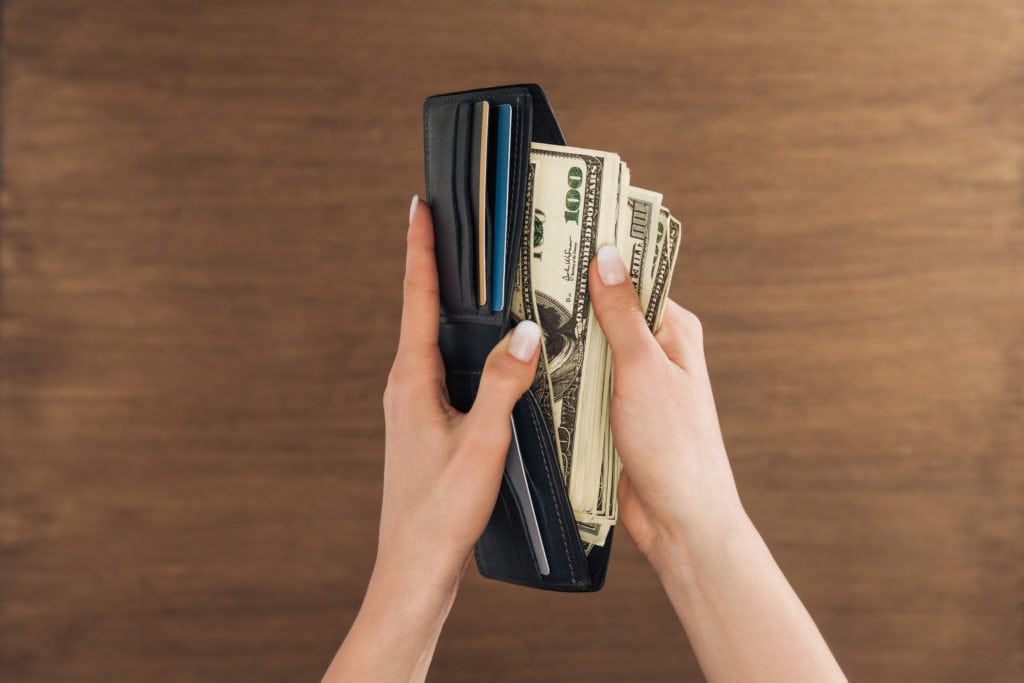
Habit #7: Pay Yourself FIRST
What financial advice can we learn from a wealthy man who lived in an ancient Mesopotamian civilization?
A lot actually.
George Samuel Clason offers precious nuggets of financial wisdom in his book The Richest Man in Babylon. One important financial habit is to:
Start thy purse to fattening. -George Clason
In other words, pay yourself first. When creating your budget, remember to contribute a portion of your income to your savings (the richest man in Babylon recommends at least 10%).
But many Americans aren't saving enough.
In fact, Bankrate conducted a survey showing that "more than 1 in 5 working Americans aren’t saving any money for retirement, emergencies or other financial goals."
If you want to achieve financial freedom, you need to do better. Start thy purse to fattening by having these savings plans in place:
Your $1,000 "Oh Crap!" Fund
Emergencies suck but they happen. Cars break down. A family tragedy strikes. Medical procedures are needed.
These emergencies can strain your bank account if you're unprepared.
But you're reading this article because you want financial freedom, and financial freedom means calmly facing adversity because you can afford to handle it.
When you're creating your budget, start with creating your Oh crap! fund. Set aside at least $1,000 to access during emergencies. That way, you have a designated fund to access without dipping into your regular savings.
Your "If-I-Get-Fired-I'll-Survive" Fund
After your emergency fund is set up, it's time to build your savings. This savings account is meant to cover all of your monthly expenses over a time period should you ever lose your main income source.
If you get fired today, could you confidently say that you can afford to live comfortably for the next three to five months without making money?
For many Americans, the answer is no.
After you build your emergency account, start building separate savings to cover all of your family's monthly expenses for at least three months (six is better).
Once you have an emergency fund and a healthy savings account, you've reached two financial freedom milestones.
The next step is using your money to invest in assets that make you money (more on that later).
Habit #8: Say NO to Late Fees
Forgetting to pay your credit card balance or paying below the minimum can get you slapped with a late fee.
In other words: throwing away your hard-earned money.
While credit cards may waive your first late fee, you shouldn't make non-payment a pattern. If you do, you have the pleasure of paying interest fees on top of your remaining balance.
If your balance is still unpaid after several weeks, it will be reported to the credit bureau. And with payment history being at least 25% of your credit score, it will leave a stubborn blemish on your track record.
Avoid this altogether with these helpful tips on paying your full balance every month:
- Automatic payments. Set it and forget it. Never miss a payment again.
- Reminders. Credit card companies often offer text and email reminders for an upcoming payment deadline.
- Batch your payment dates. Some companies allow you to change your due date. Group them together so you can knock them all out at once.
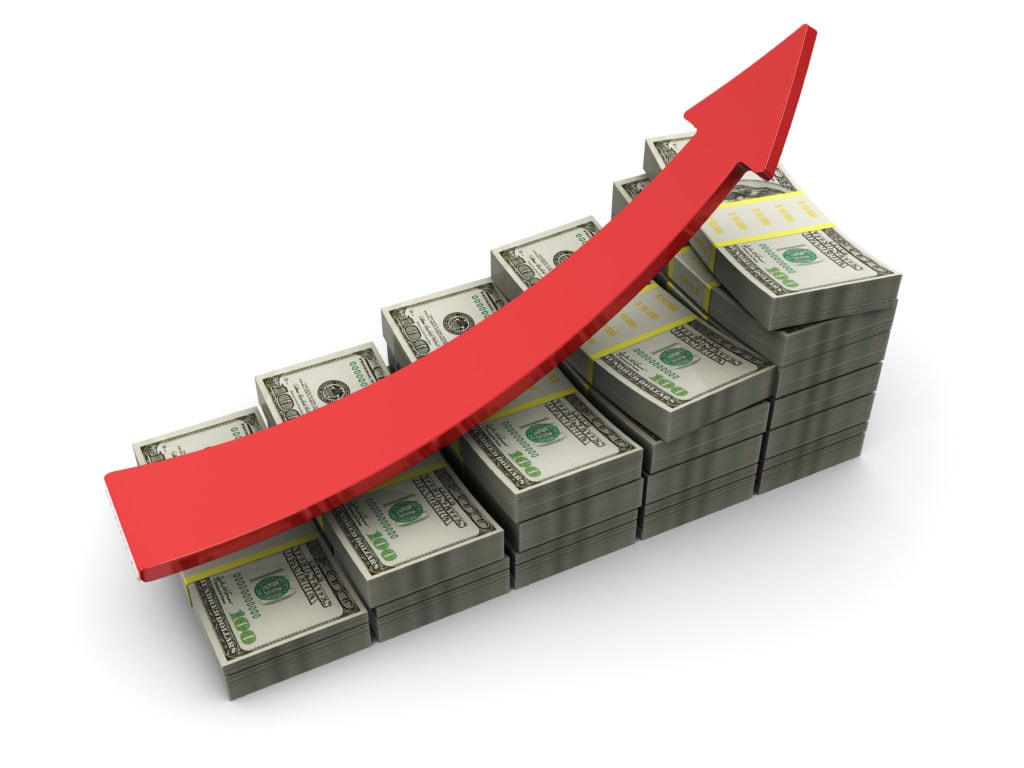
Habit #9: Seek Opportunities to Increase Your Income
Building wealth and freedom is a long-term goal but everybody still wants to take the fast route. People don't want to wait until retirement. They want to know, how do you get financial freedom in 5 years?
Hard work and sacrifice are a start. Do everything you can to reduce your expenses and increase your income. More capital means:
- Filling your emergency fund quicker
- Reaching your savings goal quicker
- Reducing your debt quicker
- Investing your money quicker
- Achieving financial freedom quicker
Start seeking money-making opportunities to fast-track your financial freedom. This usually means:
- Getting a part-time job. It's the most straightforward and secure method. Start working during the evenings and on weekends. The extra income you make from this job should be going to your savings and investments.
- Starting a side hustle. This may take longer to get off the ground but once you do, it can evolve into a profitable business with uncapped income potential. Do you have a talent or service that people will pay for? Start with your strengths and see how you can monetize it. Try starting a blog or making videos. Get your voice heard.
Habit #10: Buy Assets, Not Liabilities
Assets will be a major player in achieving financial freedom. Author of Rich Dad, Poor Dad Robert Kiyosaki says:
"Rich people acquire assets. Poor . . . people acquire liabilities."
What does this mean? First, let's define asset and liability.
What is an asset?
An asset is any resource that puts money in your pocket. You put your money to work—your money makes you money. Examples include:
- Income-generating rental properties
- Bond investments
- Stock investments
- Certificate of deposits
Ryan Moran at Capitalism.com focuses on buying assets. He buys profitable businesses that continue making him money over time.
What is a liability?
A liability is the opposite: it is any resource that takes money out of your pocket. Examples of liabilities include:
- High-interest debt
- Student loans
- Car payments
The secret to building wealth that leads to financial freedom is to stop buying liabilities and to start buying assets.
Review your expenses. What things are sucking your bank account dry? A common trend you see today is buying the latest smartphone or a brand new car.
Those expensive phone and car payments eat away at your budget.
Be smart with your money. Use that money to build your savings. Or invest in the stock market. Or even invest in yourself by learning a new skill or expanding your financial knowledge.
Habit #11: Chip Away At Your Debt
Debt is like an antlion trap. No matter how hard you struggle, skyrocket interest rates sink you deeper and deeper.
Student loans. Credit card debts. Car payments. Mortgage payments.
We feel helpless about it.
But you're not helpless. It may be a slow process but you can climb yourself out of debt.
4 Strategies for Destroying Your Debt
- Remove the temptation. You can't pay off your debt if you keep adding to it. Are you a shopaholic? If so, remove the temptation from your environment. Delete your shopping apps. Unsubscribe from shopping lists. Keep away from your wallet at home.
- Pay your highest interest rate first. Record all of your credit card debts and sort them by interest rates. Focus on paying off the highest interest rate first (while still paying the minimum on your other debts). Then move down the list.
- Find an additional income source. Hold a garage sale. Get a part-time job. Use this additional money to get your debt under control. When you do, review your budget and either quit that part-time job or put that money towards your savings and investments.
- Use debt to your advantage. Surprisingly, you can learn how to transform your debt into a passive income.
Habit #12: Regularly Review Your Expenses
Do you notice how weight-loss and fitness experts recommend you track your calories?
They do this because numbers don't lie. If you find that the scale isn't moving down (or is moving in the wrong direction), you're likely consuming too many calories or not burning enough.
Personal finance is the same way. If you want financial freedom—to live a life free of financial anxieties—you should review your expenses regularly.
Remember that budget you made earlier?
Every month, review your progress. Like tracking your calories, track your expenses. Did you go over? Did you go under? Are you right on track?
This is especially important when tackling your debt. Every time you log in to review your remaining balance, you should see that ugly number steadily declining. If it isn't, you need to budget for larger payments to your loans.
And that's good. Budget reviews let you know when you need to make changes. Life is flexible and your budget should be too.
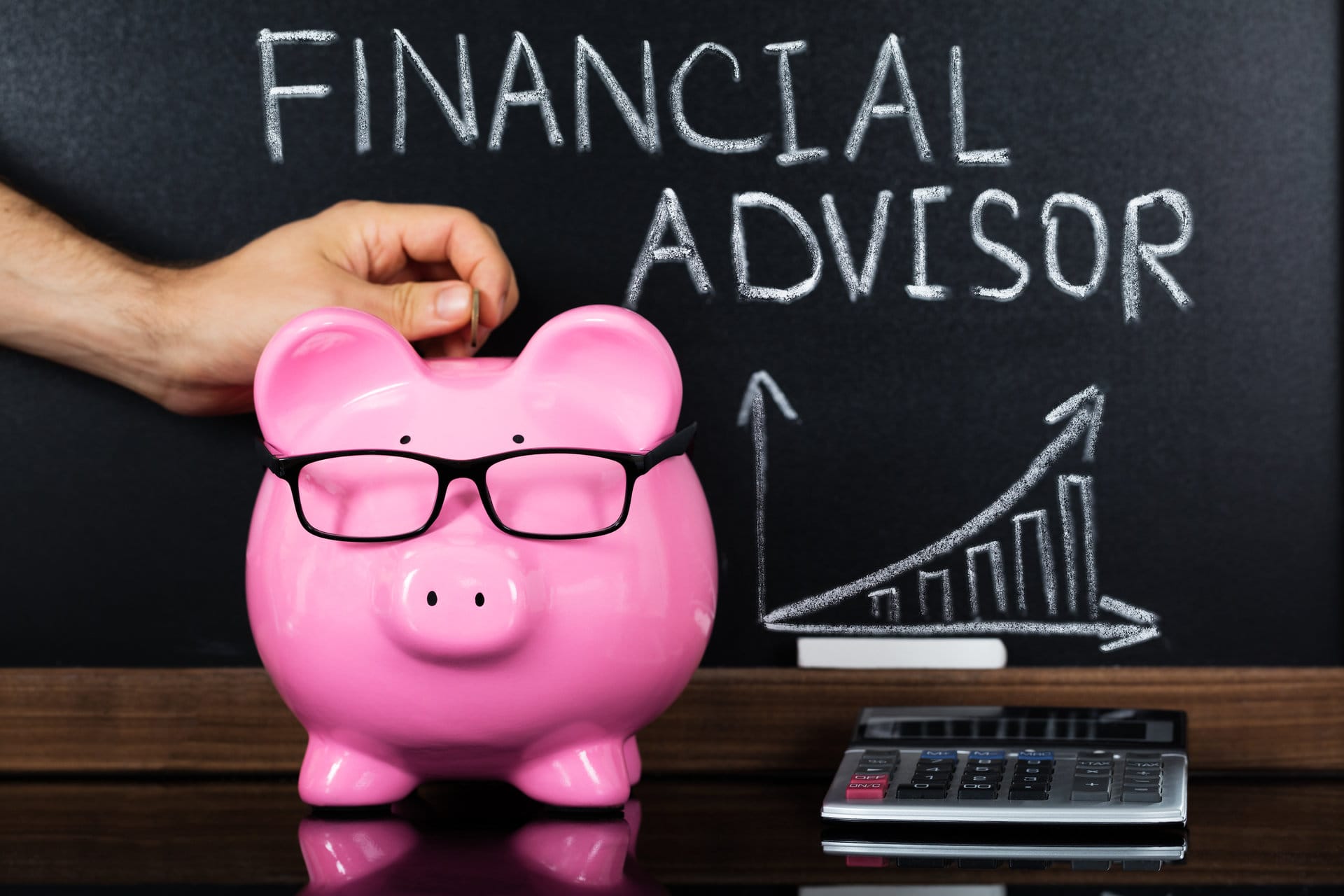
Habit #13: Consult With a Financial Advisor
If you can afford it, a financial advisor can guide you to financial freedom. Are you:
- Unsure of what you're doing? You're struggling with your budget and don't know why things aren't adding up.
- More of a hands-off person? There are people with more knowledge and more experience than you. Leave it to them.
- Needing a long-term road map? Yes, having a budget is a good start, but you want somebody to teach you more complex wealth-building strategies.
I'm not going to lie. Financial advisors can be expensive. But like any professional, you are paying for their specialized knowledge. Somebody who handles money and investments for a living will possess superior insight than somebody who doesn't. As Napoleon Hill said:
"The accumulation of great fortunes . . . is acquired through . . . specialized knowledge, but that knowledge, does not, necessarily, have to be in the possession of the man who accumulates fortune." ~Napoleon Hill
Remember: a financial advisor can be considered an asset. They will help you make smart decisions that will help put more money in your pocket over time.
Habit #14: Invest In Yourself
When people think of financial freedom investments, they think of stocks and bonds. But one of the greatest financial investments is investing in yourself.
Expanding your knowledge and building your skills can lay your foundation for achieving financial freedom.
Invest In Your Financial Education
Oddly, personal finance is not a mandatory course in school. But that's no excuse to neglect your financial education.
Enroll in a personal finance college elective course or pick up a financial freedom book. Self-educate with any of these valuable reads:
- Rich Dad, Dad Poor Dad by Robert Kiyosaki
- The Automatic Millionaire by David Bach
- The Total Money Makeover by Dave Ramsey
- Why Didn’t They Teach Me This in School by Carey Siegel
- The Intelligent Investor by Benjamin Graham
You can grab any of these books for less than $20. Sounds like a small but worthwhile investment for your financial freedom, right?
Invest In Your Career Skills
Expanding your skills and knowledge can help you secure a career in a higher paying position. Are you a freelancer selling your graphic design skills? You can charge a premium if you have top-notch design skills.
Or are you climbing the corporate ladder? If you want to get a leg-up on your peers at promotion time, deepen your industry knowledge and check out this video to develop your emotional intelligence.
Invest In Your Passion
If you are passionate about your hobby, consider turning that passion into profit.
Are you great at sewing? Consider selling your handwoven items online. Do you love gardening and have a background in education? Consider making educational content about gardening. Maybe your passion is e-commerce. Learn how to create a profitable Amazon store.
Who knows? Maybe you can turn this into a full-time career doing what you already love.
Habit #15: Amass Wealth With Health
If somebody asked, “How do you get financial freedom?” prioritizing your health may not be the most common answer.
But it's true what they say: you are nothing without your health. Even if you do achieve financial freedom, what good is it if you're lethargic and burned out?
Self-care is essential to financial freedom because:
You save on costly medical bills
When you're constantly sick, those medical co-pays can rack up an expensive bill every month. Reduce the amount of money you spend on doctor visits and medicine by focusing on your health. A healthier diet and daily walks can go a long way.
Weight loss can lower your food bill
Because you eat less, you're spending less on food. A healthier diet means less fast food, and cooking at home is significantly less expensive than grabbing a bag of calories in the drive-through.
Improves career performance
Do you ever have that coworker who is always late, sluggish, and complains all the time? Chances are, that person isn't getting glowing performance evaluations. If you come to work, high-energy, and clear-headed, your work performance improves, which in turn means a higher likelihood of getting promoted (and more money in your pocket!).
Habit #16: Invest Your Money
If you want to build wealth and secure your financial freedom, you can't afford to pass on investing your money in the stock market.
Reasons Why You Should Invest As Soon As Possible
- Compound interest. When you invest your money in stocks, you're paid in dividends. Compound interest happens when your dividends start making money. The longer your money stays invested, the more money you get.
- Early retirement. Compound interest goes hand in hand with retirement. Like retirement, compound interest is a long-term strategy. The earlier you invest, the more profit your investment creates later on.
- High risk, high return. The younger you invest, the more risk your portfolio can take on. While there's higher risk, trends show that investments tend to make a profit over time. This means higher returns later on.
Even though investing your money is a fantastic way to build wealth, people still don't do it. Why is that?
Reasons Why People Don't Invest
- You can't afford to invest. When you're properly budgeting and focusing on increasing your income, you can slowly build a position where you can invest.
- You don't know how to invest. Not knowing how to is never an excuse in this digital age. The wealth of information is literally available to you at a fingertip. Carve some time to browse financial freedom websites to learn more about investing intelligently.
- You're scared to invest. This fear is rightfully felt. The 2009 stock market crash scared everybody. Even today, the volatility of cryptocurrency is a scary prospect. But the stock market has survived through adversity and people are still profiting off of it. Don't let fear stop you from allowing your money to make you money.
Once you reach pay off your debt and secure your savings, start investing your money. Here is how Capitalism.com recommends you invest to generate passive income, cash flow, and long term wealth:
Habit #17: Teach Your Children About Money
Personal finance knowledge is desperately needed now more than ever.
Students are sinking in student loans. Homeowners are slaves to throat mortgages. Retirement is pushed later and later.
This doesn't have to be you, and surely you don't want this for your children. There's also a more practical reason to teach your children about finance.
- College. Let's face it. College has a hefty price attached and chances are that your little student will be relying on you financially. But helping them make smart choices can reduce the financial burden on your back.
- Pass down the wealth. If you achieve financial freedom and have a sizable coin purse to pass down, you want to ensure that your children and their children's children will use it responsibly while growing it.
- Remember the power of compounding interest? No doubt you will see its amazing results when compounded generation after generation.
Habit #18: Prepare For Retirement
Depending on your age, retirement may still be decades away. Still, preparing for retirement should still be a priority today. Open a retirement account as soon as you can. Typically, you have two options available to you:
- Company 401k Plan
- Individual Retirement Account (IRA)
3 Reasons Why You Should Join Your Company's 401k Plan
- Automatic Savings. When you join a 401k plan, a percentage of your income is automatically moved from your paycheck into your 401k account. There's no thinking. No friction. It's automatic.
- Free Money. If your company agrees to match your contribution, that's free money! If you contribute 5% of your paycheck to your 401k account, your company will match that amount. Whenever possible, maximize your contribution to receive the maximum match from your employer.
- Compounding Interest. Like investing in the stock market, your 401k also benefits from compounding interest. If you're still young and in your twenties, the dollar amount you invest today will likely be multiplied when you finally cash out at retirement.
If you don't have access to a 401k plan with an employer match, you still have the option of opening an Individual Retirement Account (IRA). When opening an IRA, you usually have two options:
- Traditional IRA. Pay taxes later (when you withdraw at retirement)
- Roth IRA. Pay taxes as you go.
Consult with your financial advisor to determine which IRA is best for you.
Habit #19: Be Accountable To Yourself
Positive change requires taking responsibility for your actions. It's about understanding how today's actions influence your future.
It's also about accepting that financial freedom is a difficult process that demands your commitment and patience.
After all, it's a total lifestyle change for the better.
Remember, you won't always have somebody rooting for you at every step. You won't always have somebody reminding you to save more.
What you do is up to you. You hold yourself accountable. Even when you slip up.
Maybe you had a splurge month. Maybe you didn't work so hard on your side hustle this past week. You accept the setback and get back on track.
If you want to achieve financial freedom then you need to build the habit of self-accountability. After all, your success depends on it.

Habit #20: Seek Innovative Solutions to Problems (Start a Business)
Here at Capitalism.com, we help people like you build profitable businesses that improve people's lives. If you want to achieve financial freedom, what better way to do that than to charge for a product or service that helps people?
If you have an eye for solving problems, nourish it. Cultivate your talent. People rely on your unique eye to improve their lives.
And it doesn't have to be on a world-changing scale.
Kevin Liang used to work in an aquarium store and noticed how many people were discouraged by the complex process of building a home aquarium. To solve this problem, he created Aquaponics, a self-contained home aquarium system with all of the necessary functions already built-in.
Brooke Castillo had a knack for tackling the emotions behind self-sabotaging behavior, like alcoholism and binge eating, so she started a life coaching business to help people overcome their personal challenges.
What problems in people's lives do you see? Try building a habit of solving problems.
Who knows? You might stumble across a novel idea to launch your million dollar brand.
Financial Freedom: Ultimately, It's All Up To You
The daily trenches of managing your finances can be draining. There are challenges to be met at whichever stage you're at. And these challenges will test your resolve. It will try your patience.
And honestly, you may stumble... a lot.
But as Robert Kiyosaki said:
You’re only poor if you give up. The most important thing is that you did something. Most people only talk and dream of getting rich. You’ve done something.
Don't let fear or self-doubt stop you from taking action. Action is what will pave the road to financial freedom.
And it's up to you to persevere.
Financial freedom awaits you.

